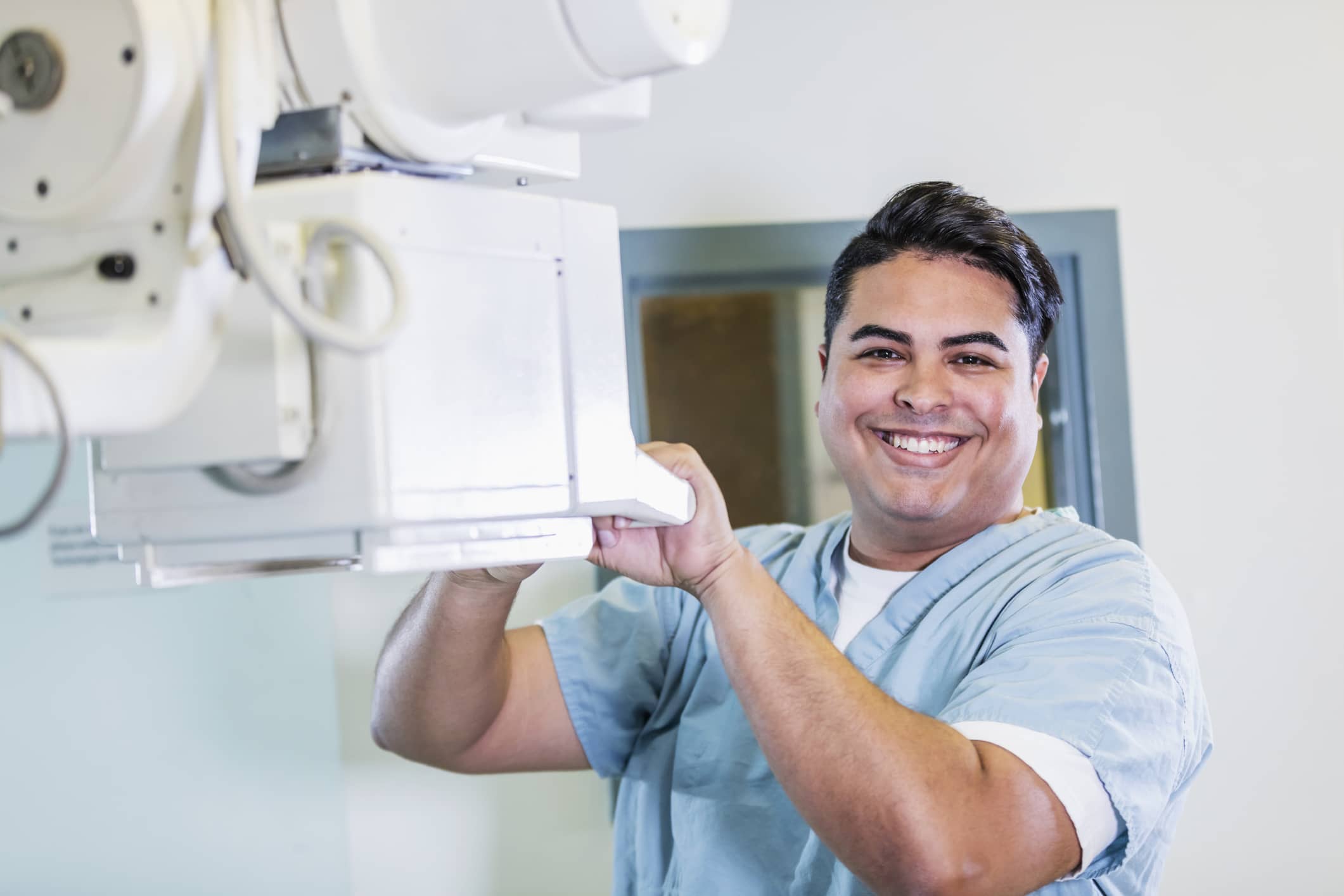
Incorporating Music Therapy in Rehabilitation Services
MUSIC THERAPISTS CAN SUPPORT PHYSICAL THERAPY, OCCUPATIONAL THERAPY AND SPEECH THERAPY EFFORTS
Music is hailed as the universal language. People everywhere listen to it, tap their toes to it, dance to it. But music also serves as a therapeutic intervention that can improve rehabilitation outcomes for children and adults.
Music as a Theraputic Rehabilitation
“The amazing thing about music is that it can touch on so many areas at the same time--engaging someone verbally, emotionally, physically, spiritually--all at once,” said Carter Thornton, LCAT, LP, MT-BC, senior creative arts therapist at Rusk Rehabilitation at NYU  Langone in New York, where music therapists participate in sessions with physical therapists, occupational therapists and speech language pathologists, and in interdisciplinary meetings. He often brings many patients together to play instruments as part of their therapy.
Langone in New York, where music therapists participate in sessions with physical therapists, occupational therapists and speech language pathologists, and in interdisciplinary meetings. He often brings many patients together to play instruments as part of their therapy.
Music therapists coordinate with other rehabilitative disciplines to accomplish a patient’s individualized goals. Music therapists work in different settings, including acute and long-term care, rehabilitation and psychiatric hospitals. Music therapy is an adjunct to physical therapy, occupational therapy and speech therapy, not an alternative to these more established disciplines.
Many people find music distracting when in pain. It also can relax in times of stress.
At the Institute for Music and Neurologic Function, a member of CenterLight Health System in the Bronx, N.Y., staff members have teamed with music therapists to create customized music lists for dementia patients to listen to on an iPod, helping to stabilize mood, reduce tension and improve the patients’ quality of life.
Coordination with physical therapy
The Institute for Music and Neurologic Function has found music successful in managing pediatric patients’ pain and in improving the quality of life for thousands of people suffering from neurological conditions, including stroke, brain injury, Alzheimer’s disease and other forms of dementia. The center has used rhythmic beat to coordinate movement and may help individuals improve their ability to walk.
Rhythmic auditory stimulation, a neurologic music therapy intervention, employs the auditory rhythm as a timekeeper to synchronize the desired movements.
“They may be walking down the hallway with support, and I will play music to provide rhythmic entrainment,” Thornton said. “They can walk to a rhythm and that may help in putting one foot in front of the other. It helps with motivation.”
Thornton might play instruments with a patient while he or she is standing, when trying to build standing stamina.
Researchers at the New York University School of Medicine are conducting a clinical trial to determine if group music therapy and physical therapy will help in the recovery from stroke. Participants will receive combined music and physical therapy twice a week for one hour, for a total of six weeks.
Coordination with occupational therapy
Thornton might go to an occupational therapy session with a stroke patient, who was interested in piano, and use the instrument to help with range of motion, strength and neuro connections. He may help a patient relearn how to play the guitar, which helps with the patient’s morale.
“He has something to work towards,” Thornton said.
Music therapy also can be effective in helping children with developmental delays, reported Carolyn O. Cantu, MS, OTR, at Austin Community College in Texas, in an Advance for Occupational Therapy Practitioners article. It can help with social behaviors and cognitive awareness of the sounds.
Supporting speech therapy
Patients can regain communication skills by singing words or phrases. Singing words can help in transitioning to speech.
“A lot of times patients cannot speak but can sing lyrics,” Thornton said.
Music therapists worked with former Congresswoman Gabrielle Giffords to help her regain speech after she was shot in the head at an outdoor constituents meeting in 2011, according to the AMTA.
In addition to working with music therapists, some speech therapists report using music and music apps in their therapy sessions to help patients with communication and cognitive challenges.

About music therapists
Music therapists must hold a bachelor’s degree or higher in music therapy from one of AMTA’s 72 approved colleges and universities and complete 1,200 hours of clinical training. The Certification Board for Music Therapists credentials music therapists. The discipline began during World War II, with Michigan State University becoming the first school to offer a music therapy degree program in 1944.
Music therapy is a Medicare-reimbursable service under the Partial Hospitalization Programs, and is considered part of activity therapy. The service must be goal-directed and ordered by a physician. Several state Medicaid programs cover music therapy, as do several commercial insurers.
Additional Allied Travel Resources
While you continue your search for the perfect allied healthcare position, AMN Healthcare provides great resources to keep your career moving in the right direction. Begin the application process now, and then learn more about how AMN Healthcare can help you keep your career on the move.
- EAP: Our allied travelers gain access to a valuable set of Employee Assistance Program benefits.
- Allied Travel Jobs by Specialty: Explore allied jobs and learn about hourly salaries and the benefits of working in travel jobs.
- Search All Allied Jobs: Uncover new possibilities in your allied career by exploring both short and long-term options.
- Allied Healthcare Jobs: Learn how we can help move your career in amazing directions, both professionally and geographically by exploring opportunities by each state.
- More Allied Resources: Use the content here to learn everything you need to know about our allied recruitment process, including information on salary and benefits.



